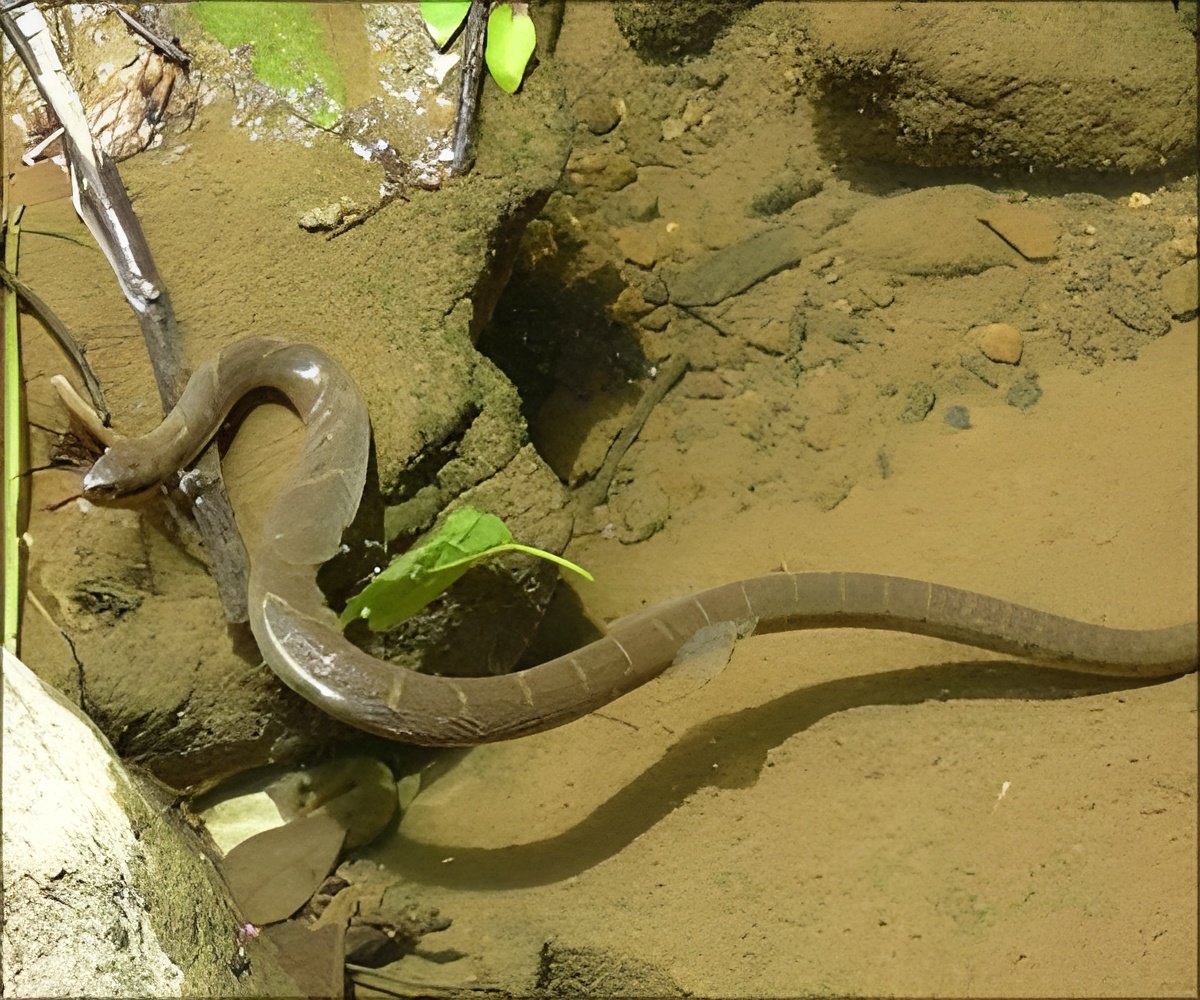two DNA strings that coded for the snake's toxin was used to genetically immunize and it reduced the venom toxicity by 40%.

‘Though uncommon, the bite of a coral snake is more dangerous. Production of antivenom ceased due to the rare cases and the high cost involved in research.’





Currently, coral snake antivenom is produced by immunizing horses with the venom and collecting the anti-elapidic serum produced. Despite its high toxicity, venom yield from coral snakes is very low, and the snakes are difficult to keep in captivity. Since 2003, the only FDA-approved coral snake antivenom has been discontinued, leading to patients being hospitalized for treatment while the effects of the venom wear off. A new approach is therefore urgently needed to produce antivenom more efficiently and cheaply. The researchers identified 5 toxins within the snake venom and used a technique called SPOT-synthesis to identify the sections of the toxin (epitopes) that are recognized by coral snake antivenom antibodies. They then designed two DNA strings that coded for these epitopes and used them to genetically immunize different groups of mice.
The serum collected from the animals, which contained antibodies to the five toxins, was then tested for antivenom capabilities - by mixing with coral snake venom before being administered to healthy mice - and was found to neutralize venom by 40%. To improve on this result, the researchers used recombinant DNA techniques to generate purified recombinant proteins from the designed multiepitope DNA strings, and gave the mice a series of protein booster shots to increase their immune response. This approach resulted in a final serum with 60% neutralization against coral snake venom.
Although the ideal of 100% neutralization was not met, this approach is a fascinating new response to the challenge of reducing stocks of coral snake antivenom. The use of synthetic DNA bypasses the need to capture and keep snakes, a difficult and expensive process.
"The fact that a neutralization of 100% could not be observed does not disqualify this approach as a promising alternative method for the development of an anti-elapidic antiserum," explains Dr Ramos, former postdoctoral fellow at Butantan Institute. "It is worth noting that all the neutralization capabilities observed in this work were, as expected, intimately related to the antibody titres." Techniques to increase the yield of antibodies are likely to lead to even higher neutralization rates, producing a much-needed readily available source of coral snake antivenom.
Advertisement














